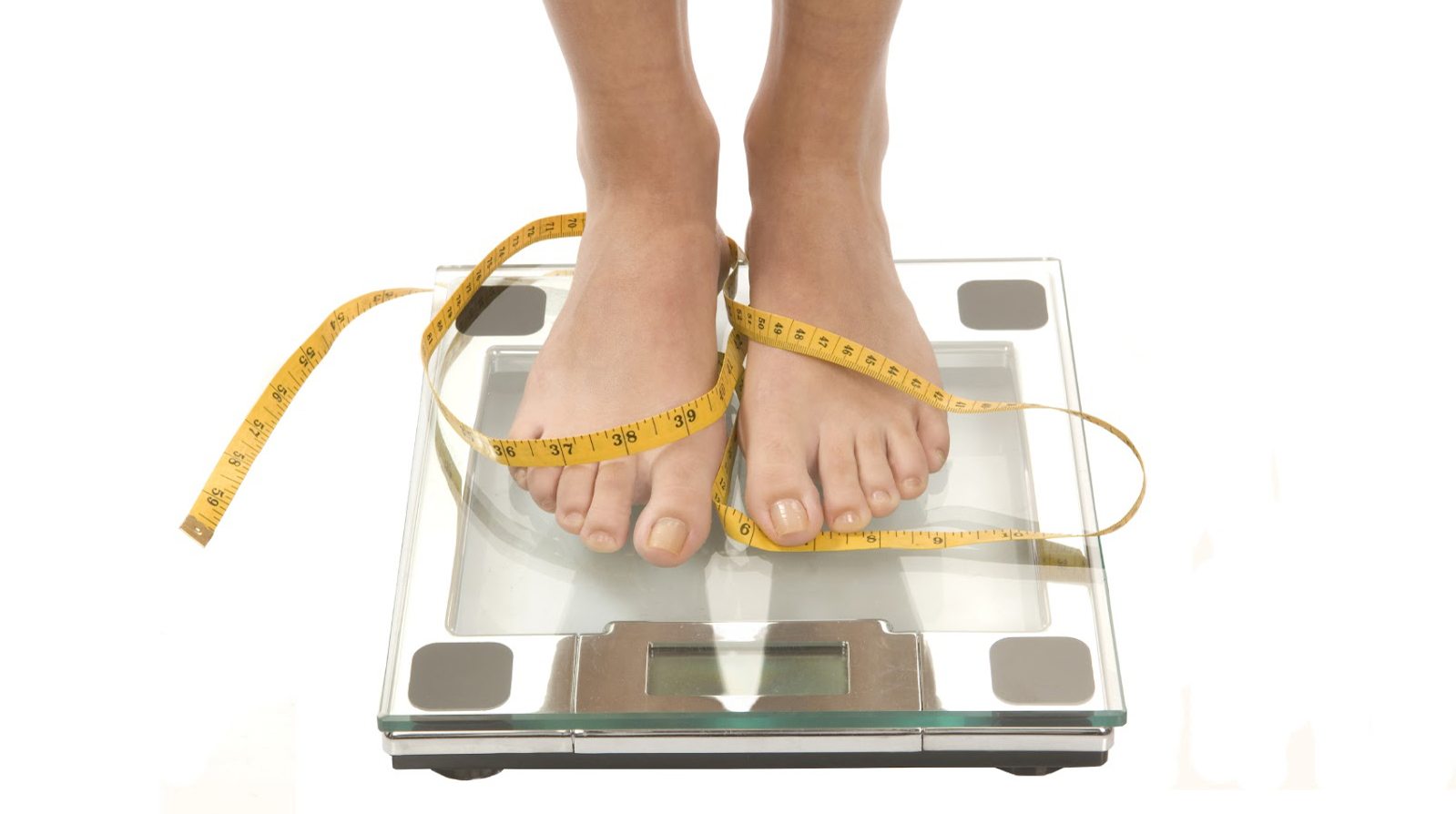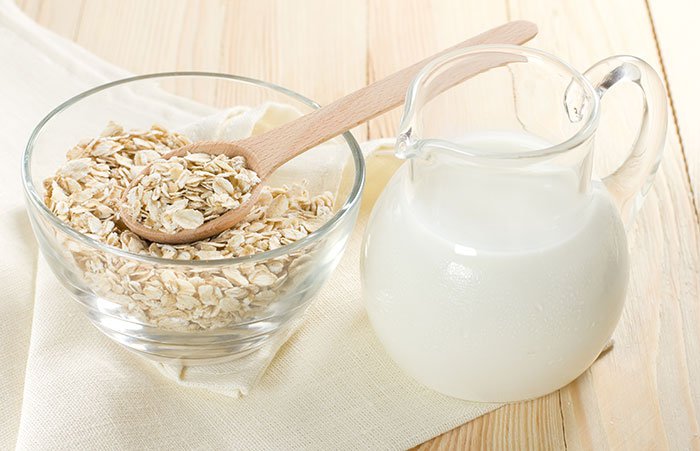
We do love to hear from our Total Women’s Cycling readers. We like to know how you’re getting on – the good and the bad.
One reader posted on our forum to tell us about her struggle with weight gain after upping her miles.
Sally had increased her monthly milage from around 500 miles to 750 a month in order to raise money for charity. She was eating healthily, and resting once a week.
She told us: “Oddly though, I started to get stomach bloating now and again and also gained 6 pounds… I assumed it was a combination of eating too much (all the miles were making me very hungry and I was eating like a pig some days!) and also taking energy gels which can cause bloating, so I cut the calories and cut out the gels, replacing them with more natural stuff. However the bloating remained and I also felt exhausted some days. I put the exhaustion down to the heavy training, but was confused about the bloating and sudden weight increase.”
What was going on?
Sally visited her doctor, who ran a blood test which showed high levels of cortisol. In her case, she needed to cut back on training and eat more to restore normal levels, but cases will vary depending on individual experience.
What is cortisol?
Cortisol is a stress hormone – it is released when you lift heavy weights, train hard, or become angry. In short bursts, it’s good for you – and plays a role in recovery.
However, when you suddenly increase training volume, or become over-trained, crotisol levels remain high – constantly telling your body that it’s in danger. The result is water retention – usually bloating around the abdomen, and the body starts storing carbohydrate and glycogen, under the impression it needs to prepare for a long lasting famine.
Other symptoms include those of classic overtraining – sore muscles, fatigue, trouble sleeping and often raging hunger.
A common reaction for athletes is to hop on the scales, freak out, and restrict calories – this simply panics the body even more, making the symptoms even worse. It’s a dangerous cycle.
Too Much Cycling: Is It Possible?
Of course, professional athletes train for hours every day – they might have high cortisol levels, but won’t experience the constant elevation and symptoms unless they drastically increase volume. It’s the shock to your body that cause a stress reaction.
What can you do?
Firstly, remember that muscles weighs more than fat, so bear in mind you could well be simply toning up – you can tell if that’s the case because your jeans will be feeling looser.
If you’re gaining weight and bloating – don’t panic, in most cases the body adapts to the new load within around two weeks, and the bloating will recede.
However, it’s best to avoid the situation by not adding to your mileage, or hours training, all of a sudden. Only ever increase volume by 10% a week – so if you ride 100 miles one week, you can up it to 110 the next.
Training Plan for a 100 Mile Sportive : Part 1
Bear in mind that intensity plays a role, too – so don’t swap five easy one hour rides for five intense one hour spinning sessions. Only add one extra intense session a week and make sure you have days of easy riding in between.
It’s important not to react by restricting calories – it sounds bizarre, but in this case the weight gain could well be due to a lack of calories. Here it’s a simple case of making sure you replace as many calories as you burn. If you’re trying to lose some weight, make sure you only consume a little less than you burn (200-500 calories less is plenty).
Finally, it’s advised that you stick with foods that are low on the glycemic index, and high in protein. Vitamin C is also believed to have a beneficial effect – so eating kale, leafy greens, oranges and taking supplements can help, too.
Golden Rules?
- Don’t increase training by more than 10% a week
- Don’t panic and cut calories – eat as much as you burn unless trying to lose weight
- Respond quickly to early symptoms – take a day off and relax
After more information? Check out our post on exercising and eating your way to your perfect weight.





